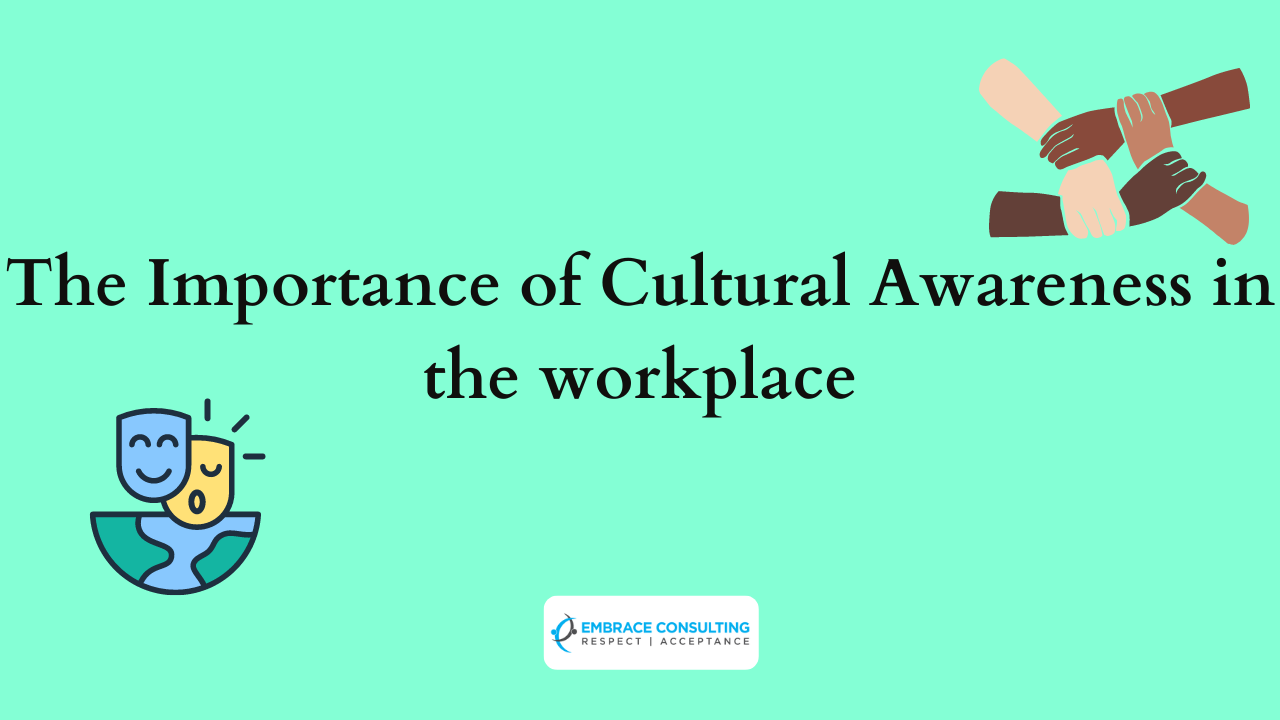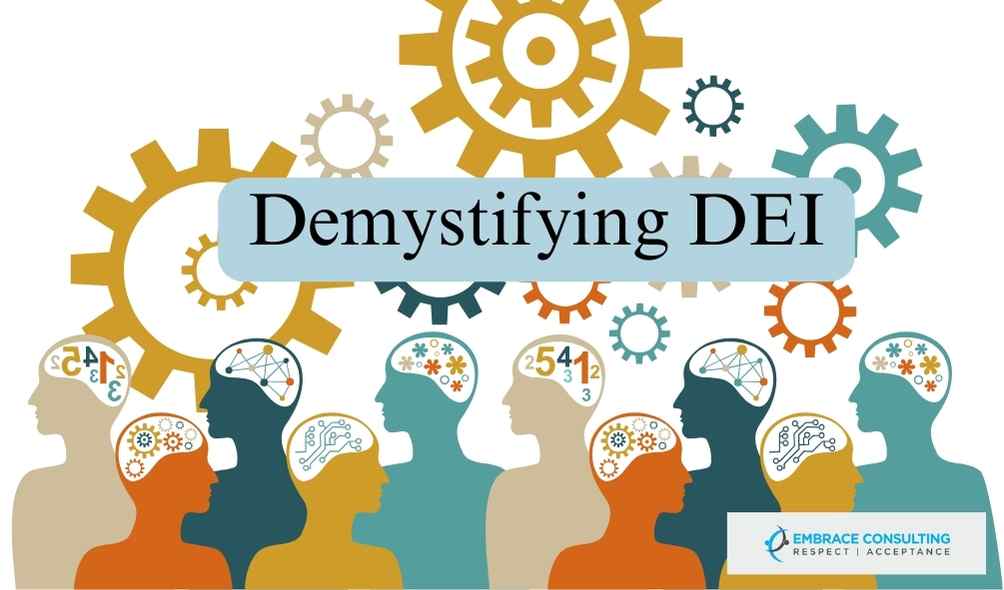Cultural awareness is the capacity of a person, group, or organization to acknowledge and value cultural diversity and interact productively with individuals from other cultures. Cultural awareness is defined in two ways by the National Centre for Cultural Competence: first, it refers to comprehending, recognizing, and appreciating the similarities and contrasts between various cultures. The second is to examine the impact of culture on behavior. You must comprehend and respect various cultures if you want to succeed in a varied workplace and live globally.
Importance:
Diversity and cultural sensitivity are crucial in the workplace because they help employees communicate effectively, forge deeper bonds, and boost engagement and morale. Employees who are more culturally conscious are also encouraged to be more honest without feeling pressure to disguise their heritage.
Employees benefit greatly from workplace culture awareness because it demonstrates to potential employees that the company promotes cultural diversity and accepts people from all backgrounds. More culturally sensitive team members are also more likely to make informed decisions by taking into account other points of view.
How to build a culturally aware workplace and promote cultural awareness in the workplace:
Employees can become more sensitive to one another by understanding and respecting the many cultures prevalent in the workplace. The productivity of organizations is impacted by cultural variations, according to the Society of Human Resource Management (SHRM). Communication and interaction among the employees are improved when different cultures are acknowledged and understood. Therefore, cultural awareness produces a workforce that is highly driven. While there are various approaches to increasing cultural sensitivity among employees, Implementing the following measures will help firms become more culturally aware:
- Familiarity with Co-workers: Get familiar with your coworkers. The best approach to learn about your coworkers’ cultures is to politely inquire about them. Employees can take advantage of this chance to learn more about individuals they work with so they can explore cultural similarities and contrasts by asking team members if there are ways, they can support them in expressing their culture.
- Training- Educating the workforce is the first and most important step in promoting cultural awareness in the workplace. Companies ought to create a training program for their employees. Employees must learn how to function effectively in the increasingly diversified economy through the training program. For instance, if your organization conducts a significant amount of business in the United Kingdom, arrange for formal training from a person who has experience working there.
- Policies- Every organization has always placed a high value on ethics and policies. The next stage is to develop some cultural awareness policies and conventions to make sure the employees are aware of different cultures. Such policies give a clear picture of how employees from various backgrounds can get along with one another. All of these anti-discrimination laws give every employee an equal chance to perform their jobs well.
- Religious Holidays– Celebrating diversity and cultures is the most effective strategy to improve cultural sensitivity. Businesses should handle all cultures and religions with respect and without prejudice. The company might, for instance, hold a potluck lunch or supper where individuals are invited to contribute food from their native culture. Such events can be a pleasant and interesting way to interact with coworkers from other backgrounds while sharing food, stories, and experiences.
- Communication- People with diverse cultural backgrounds exhibit physical differences and speak in distinct ways. For instance, greeting a senior in one culture could feel highly respectful, but in another, it might feel very impolite. Therefore, it is crucial to be aware of varied cultural communication standards when interacting with people from different cultures. An illustration would be to teach your employees how to communicate successfully if you have international clients or employees who do not speak English well. This can entail advising them to be concise, use clear language, and refrain from utilizing humour and colloquialisms that might be confusing.
- Respectful Spaces- Create a respectful space for Indigenous employees to speak, be heard, and get professional affirmation. For instance, in some nations, polite words like “please” and “thank you” are an essential component of business communication. You may demonstrate how much your business appreciates cultural competency and assist your employees in avoiding unintentionally offending others by teaching them how to use these statements in the proper context.
The value of cultural awareness is growing in the modern world. Being culturally conscious allows us to emphasize differences in a variety of important and lovely ways. It enables us to comprehend and value the distinctions. Understanding ourselves and other cultures helps us avoid offending people. We can cooperate more successfully across cultural boundaries in this process. We have a deeper comprehension and broader perspective of various civilizations. Effective communication and successful globalization are promoted by cultural knowledge. Cultural sensitivity should be prioritized by all businesses. Organizations can work and communicate more easily in a setting that is more culturally diverse and inclusive.












